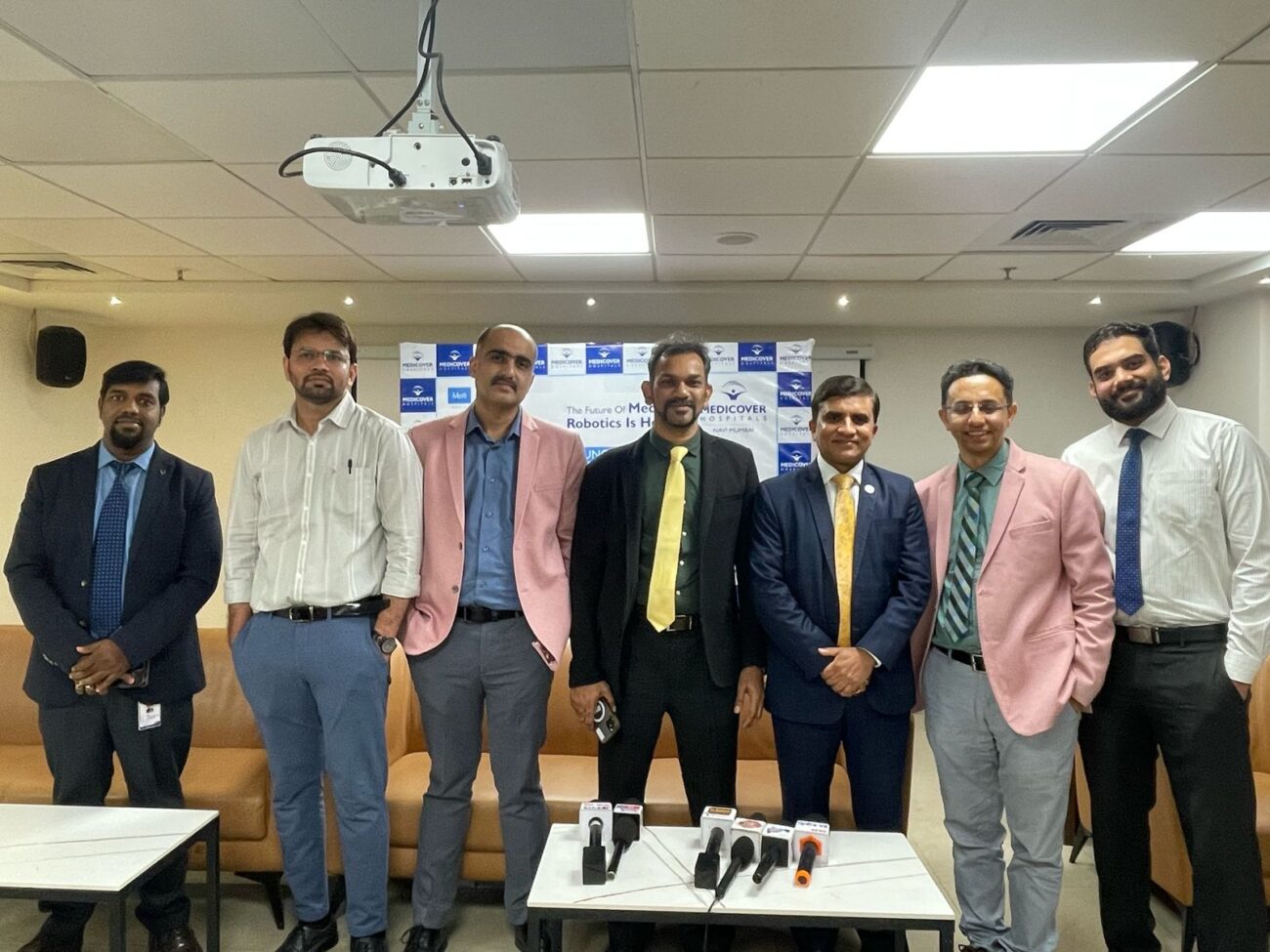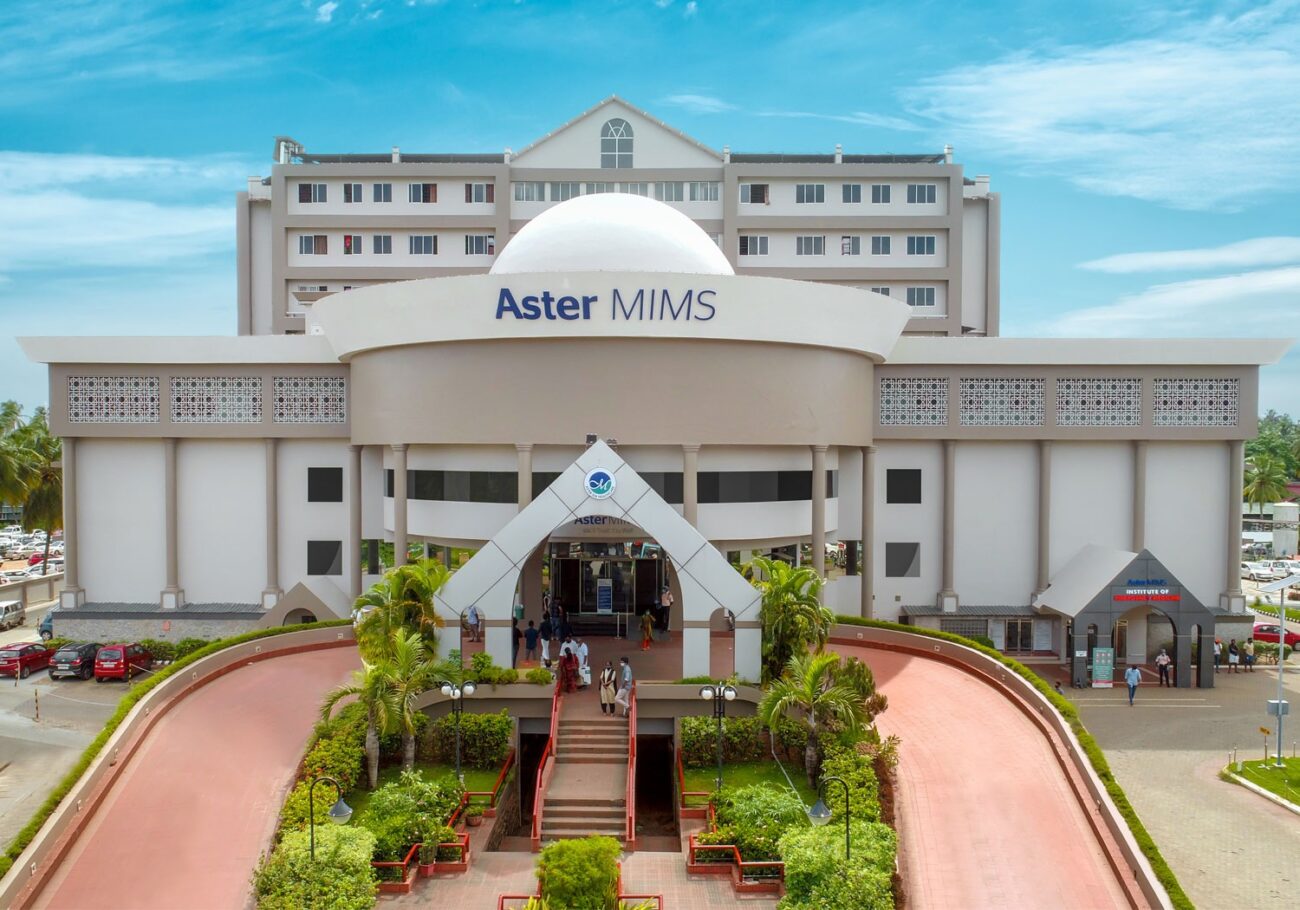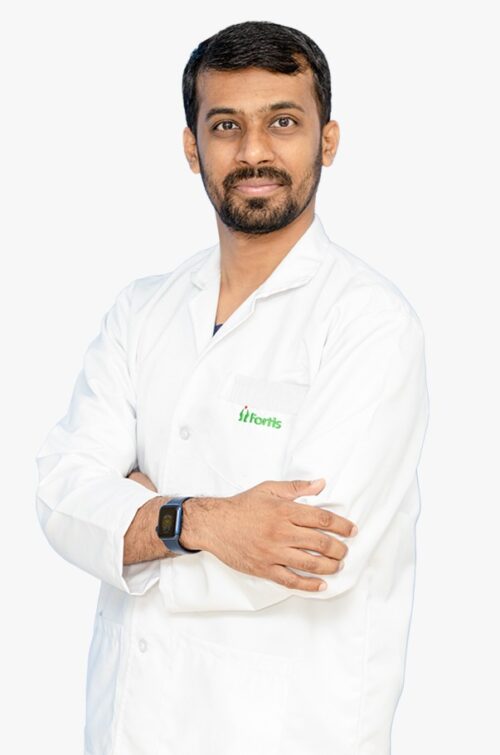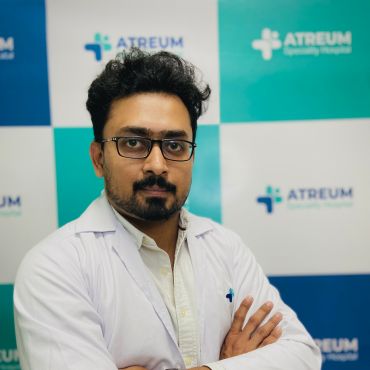A New Era of Hope: Brain-Sensing Technology for Parkinson’s Disease
Aster CMI Hospital First in India to Implant Advanced Brain-Sensing Device A 72-year-old Parkinson's patient has become the first in India to receive a revolutionary brain-sensing device, the Percept RC. This procedure marks a leap forward

Aster CMI Hospital First in India to Implant Advanced Brain-Sensing Device
A 72-year-old Parkinson’s patient has become the first in India to receive a revolutionary brain-sensing device, the Percept RC. This procedure marks a leap forward in the treatment of Parkinson’s disease, offering hope to countless individuals battling this debilitating condition.
The patient, who had been enduring persistent symptoms despite multiple medications, underwent Deep Brain Stimulation (DBS) surgery. Deep Brain Stimulation (DBS) is a surgical treatment that can improve the quality of life for people with movement disorders like Parkinson’s disease, essential tremor, dystonia, Tourette syndrome, epilepsy, and obsessive-compulsive disorder.
Deep Brain stimulation surgery is similar to pacemaker of the heart. This procedure involves implanting thin wires or electrodes in specific brain regions. These electrodes deliver electrical pulses that help regulate abnormal brain activity, reducing symptoms such as tremors, stiffness, slowness and involuntary movements. A tiny device called a neurostimulator is also implanted under the skin, usually in the chest area.
When medications and other treatments give suboptimal improvement of symptoms, DBS offers a glimmer of hope. A recent advancement in this field is Brain sense technology. This advanced technology continuously monitors the patient’s brain activity, specifically focusing on beta oscillations which are associated with Parkinson’s symptoms. By analysing these patterns, we can fine tune the stimulation settings, optimize treatment and minimize side effects.
Dr Ravi Gopal Varma, Director -Global Centre for excellence, Lead consultant Neurosurgeon Aster hospitals, commented that we are the first in India to implant the entire circuit- PERCEPT-RC with Directional leads. The entire procedure took four hours and the patient has responded well to the surgery”.
Commenting on the procedure, Dr Nirmala S, Consultant – Neurosurgery, Aster CMI Hospital said, “This device provides a personalized approach to deep brain stimulation therapy, adapting to the patient’s changing needs. By continuously monitoring brain activity, we can fine-tune the stimulation, leading to improved outcomes and a better quality of life for the patient”.
Dr Hema Krishna P, Consultant- Neurology and Movement disorders, Aster CMI Hospital said, “The limitation we were experiencing with PERCEPT-PC (Brain sense technology with Non rechargeable pulse generator), is the battery life. Now, with the rechargeable version, PERCEPT-RC, with a life of 15 years, we no longer have to worry about life of the pulse generator. At the same time, under the guidance of Brain sense technology, we can tailor our programming strategies for the patient’s needs with both clinical and physiological correlation”.
DBS is a highly specialized procedure that requires a team of skilled Neurosurgeons and Movement disorder specialists. “With the help of skilled doctors and high-end technologies available at the hospital, we successfully performed the surgery. We are glad to offer this advanced procedure for our patients said Mr. SGS Lakshmanan, COO, of Aster CMI Hospital, Bangalore.
Aster CMI Hospital continues to be a pioneer in offering advanced medical treatments and remains dedicated to providing exceptional care to its patients.






